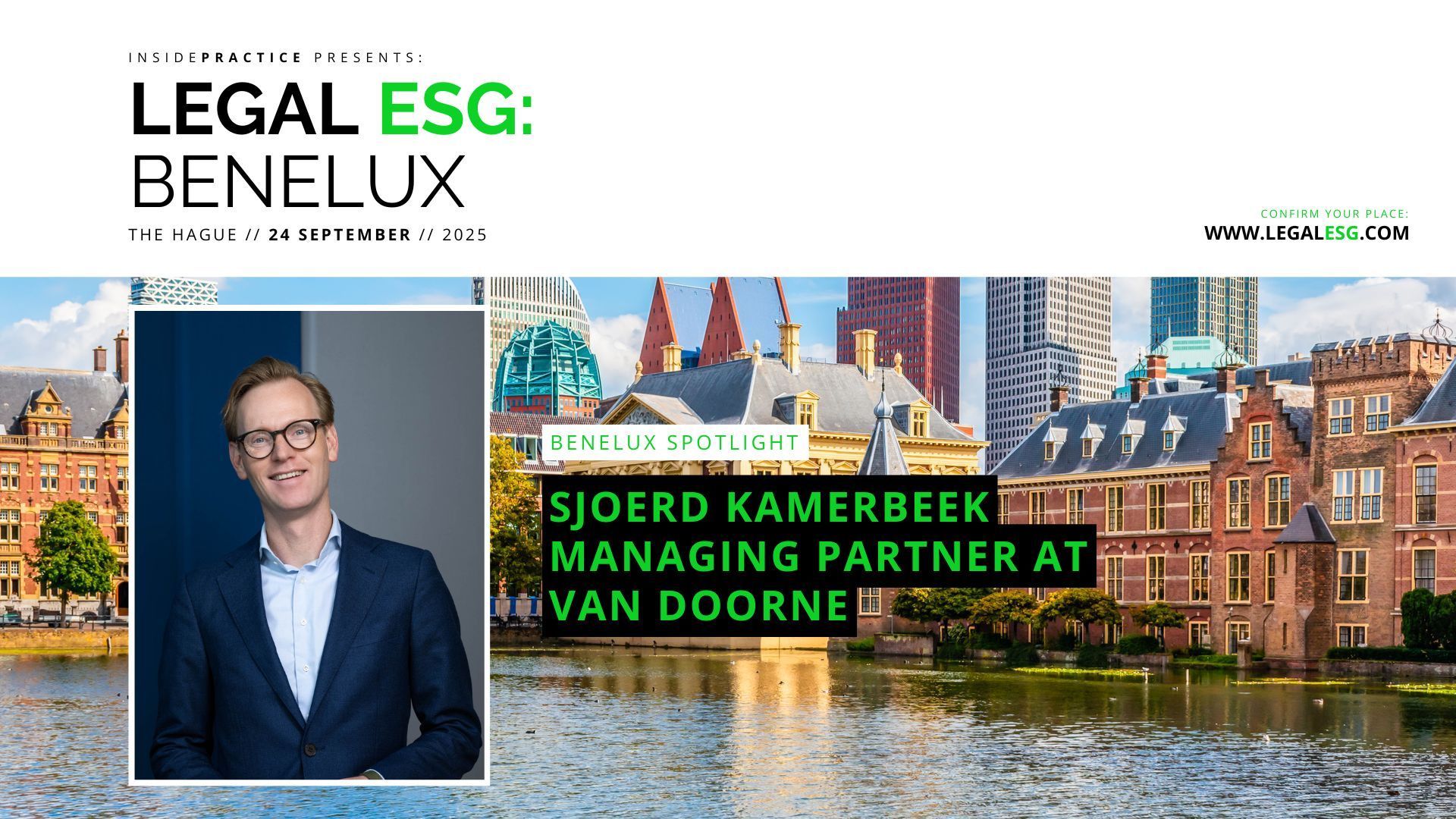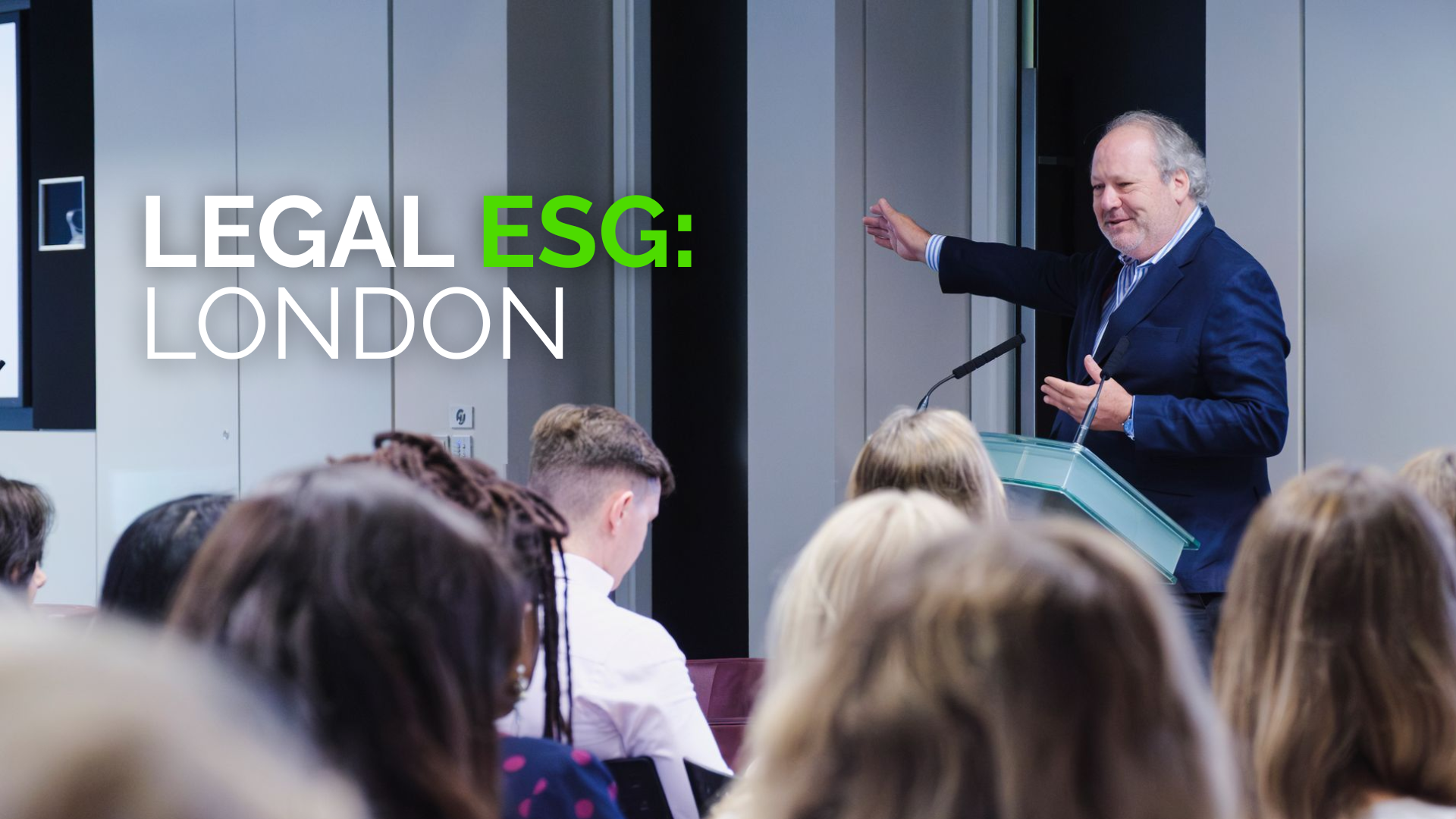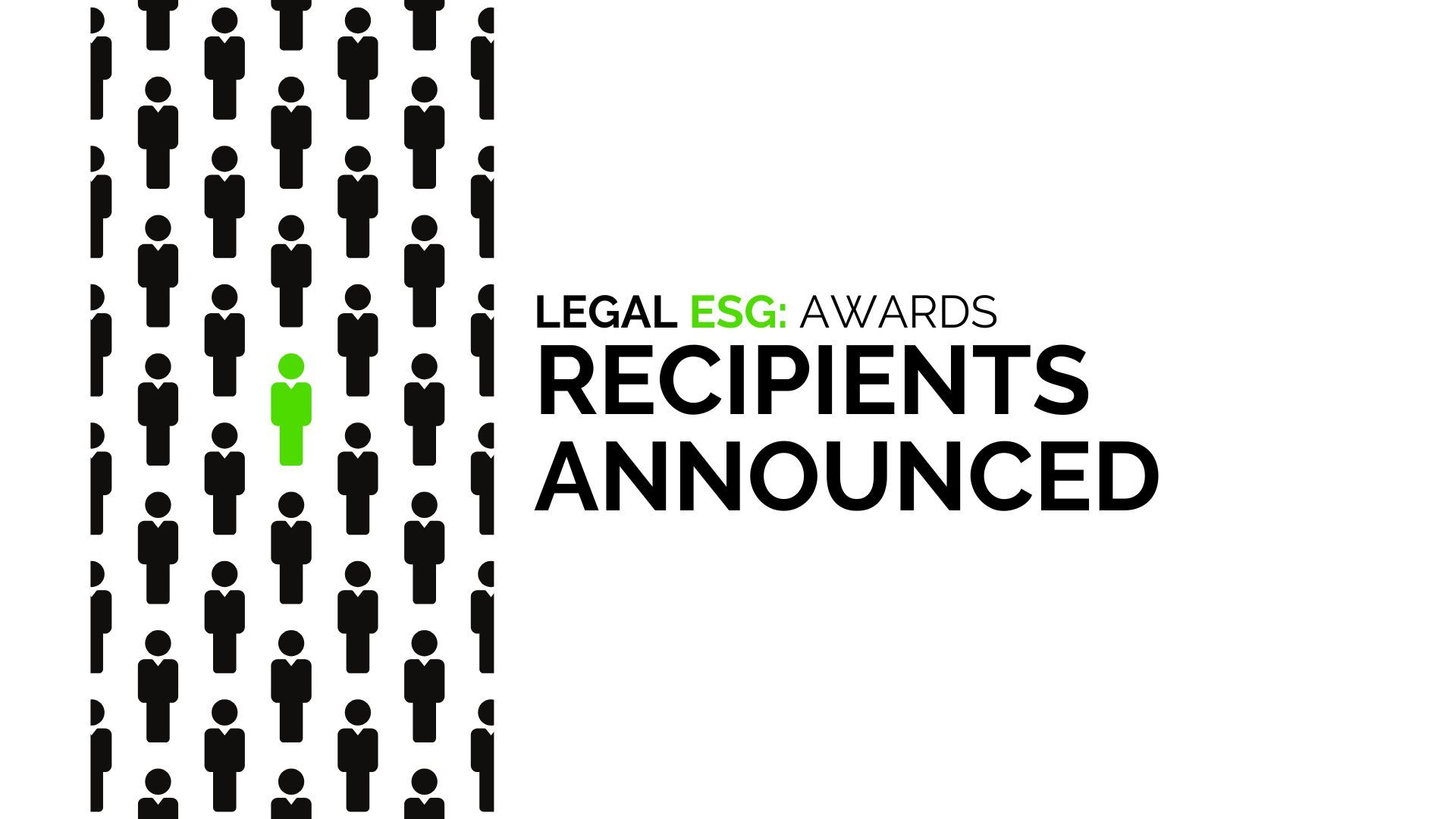Beyond Compliance: The €90 Billion Lesson in ESG, Trust, and Inclusion
At Legal ESG: London, the message from Gihan Hyde was both clear and provocative: the true measure of ESG success isn’t mere compliance, it’s trust. Hyde posed two critical questions to a room filled with seasoned ESG professionals:
- How many have worked or currently work on ESG projects?
- How many genuinely believe their ESG initiatives have built trust?
The discrepancy in hands raised between these two questions wasn’t just stark, it symbolized a profound gap worth €90 billion, illustrated vividly by the Wirecard scandal. Wirecard’s downfall wasn’t rooted in outright legal non-compliance but in a catastrophic failure of trust. Despite robust legal frameworks and comprehensive sustainability agendas, Wirecard’s core issue was the absence of meaningful stakeholder engagement, transparent communication, and genuine inclusivity.
The Three Pillars of Trust
Hyde emphasized that authentic ESG engagement must rest on three essential pillars:
- Clear Communication: ESG communications must be transparent and accessible enough to be understood universally, free of jargon or ambiguity.
- Legal Legitimacy: True ESG commitment transcends compliance, embedding responsible actions into the fabric of the business itself.
- Stakeholder Engagement: Inclusivity isn’t optional; it’s foundational. Every relevant voice must be heard and genuinely integrated from the outset.
The Blind Spots Holding ESG Back
Hyde highlighted three significant blind spots undermining ESG progress:
1. Scope 3 Emissions
Often disregarded because they're indirect and challenging to quantify, Scope 3 emissions represent a critical vulnerability. They account for the vast majority of a company's carbon footprint but remain neglected because companies don't directly control them. This oversight is unsustainable, particularly as new regulations, such as the CSRD and CSDD in Europe and evolving standards in the Middle East, begin mandating comprehensive reporting.
2. Diversity and Inclusion Data (EDI)
Too frequently, ESG initiatives overlook who exactly is involved in shaping sustainability strategies. Questions such as who participated in materiality assessments, and how diverse those voices were, remain rarely asked. However, this is rapidly changing. For instance, the SEC now demands diversity disclosures from listed companies, scrutinizing not just internal practices but those of their supply chains. Similarly, the UK's FCA increasingly expects strategic reporting on diversity and inclusion rather than merely numerical data.
3. Stakeholder Narratives
Traditionally, materiality assessments were investor-centric, but this narrow approach is no longer sufficient. Modern regulations require a broader narrative that genuinely integrates stakeholders, including employees and community voices. This holistic approach not only fulfills regulatory demands but builds authentic trust and resilience.
Case Study: The High Cost of Neglecting Engagement
Hyde shared a cautionary tale of a global company with a robust ESG report, but upon closer scrutiny, substantial gaps emerged:
- Supply Chain Transparency: Although the company touted regular assessments, 60% of suppliers were neither assessed nor engaged on ESG alignment.
- Female Leadership: Public pride masked an alarming 70% increase in female leadership turnover.
- Community Impact: Their praised community engagement inadvertently exacerbated water shortages, highlighting compliance without true accountability.
The outcome? A year later, the company's overlooked gaps culminated in a whistleblower scandal and $50 million in fines. The lesson? Without genuine stakeholder engagement, ESG efforts are fragile.
Redefining the Role of Compliance and Legal Professionals
Hyde underscored the invaluable role that compliance and legal teams play. Traditionally seen as gatekeepers of legality, their true strength lies in their ability to question, clarify, and simplify complex ESG processes. Hyde challenged these professionals to shift their perspective:
- Instead of merely asking if something is legal, ask if it’s impactful and meaningful.
- Question not only the source of data but also how inclusively the data was gathered.
- Foster continuous dialogues with broader employee groups rather than settling for limited communication channels.
She illustrated this shift through her work at Barclays following the Libor scandal. Rather than surface-level compliance messaging, she embedded risk awareness and responsibility into every phase of the employee lifecycle, fundamentally changing the bank’s compliance culture.
The New ESG Mindset
Hyde closed with a transformative idea: the opposite of legality isn’t illegality—it’s disengagement. True compliance and trust arise from deep, inclusive, and proactive stakeholder engagement. Companies must embrace this principle, or risk catastrophic failures of trust.
In an era where ESG defines not just compliance but corporate survival, the question is clear: Are you merely compliant, or are you authentically engaged?
Upcoming ESG Events
Legal ESG: Europe: An opportunity for law firm leaders, in-house counsel, compliance professionals, and ESG experts to come together, learn from each other, confront the challenges on the horizon, and commit to a future where ESG is a fundamental element of corporate strategy and legal practice.
Legal ESG: Benelux: We will discuss key themes including regulatory change, political context, litigation, and the evolving role of legal professionals in the ESG space.
INSIGHTS:









